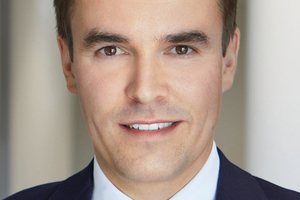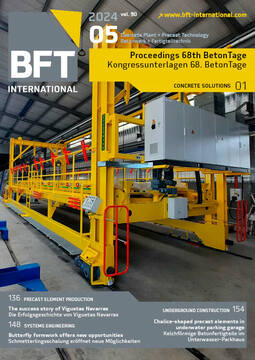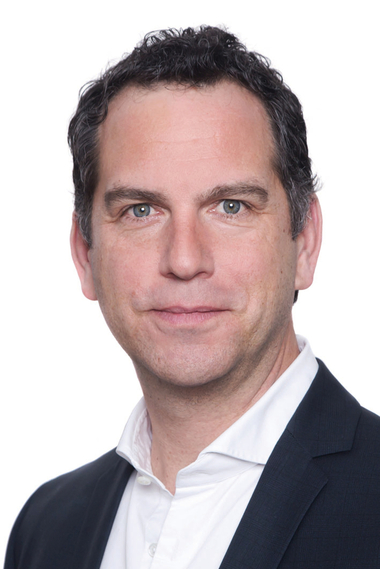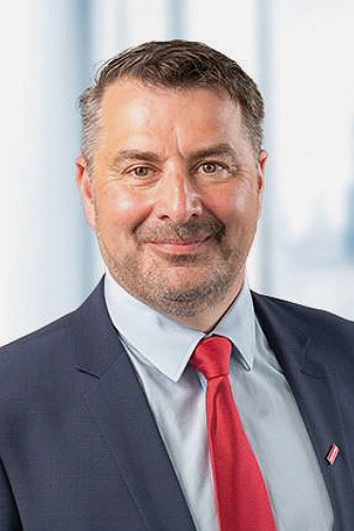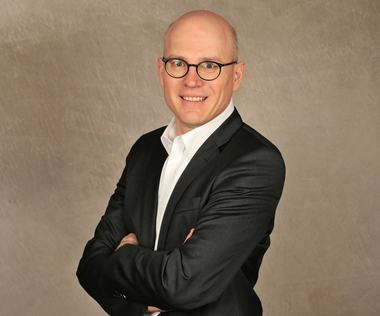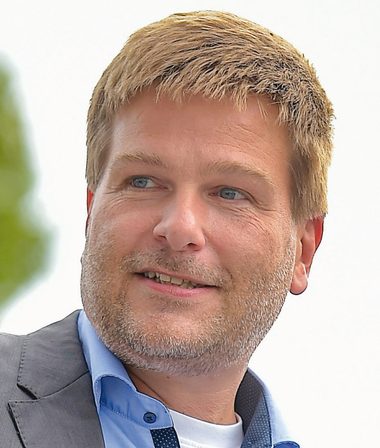Organizing company succession appropriately – A legal perspective
Assuming responsibility in a family business is complex not only in terms of legal and fiscal matters but must, above all, fit in with the company’s entrepreneurial mission: competing successfully in the market amid rapidly changing framework conditions requires continuous entrepreneurial development. This core entrepreneurial idea is also increasingly gaining a foothold in the structuring of legal relationships within family businesses and between family and company. Stability is sought less and less in rigid and ultimately binding contracts, the security of which can prove deceptive. After all, what is the point of the most judicious partnership or shareholder
agreement with a finely balanced distribution of responsibilities
if it fails in the face of reality? What is the long-term value of signing an agreement waiving statutory shares if it destroys peace within the family and thus the company’s source of strength?
Against this backdrop, there is a growing realization that the law cannot be a purely technical or even the sole regulatory instrument and that it is not enough for areas of responsibility to be defined on the legal drawing board.
In many owner families, increasing genuine interest in the legal structures of their company, which constitute the framework for exercising responsibility, is due to a change of roles as part of the transition from one generation to the next. The circles of partners or shareholders are growing and becoming increasingly international. Sometimes the management is placed in non-family hands, and the entrepreneurial family continues to support the company’s fortunes as members of the advisory or supervisory board.
Such a change in the role of the owner family almost invariably leads to more complex legal structures. What worked smoothly in the first or second generation and in a very small circle of partners or shareholders, all of whom were actively involved in the company, must now be differentiated and, to a certain extent, formalized for larger circles of partners or shareholders with different roles of the parties involved. Compact partnership or shareholder agreements comprising just a few pages easily grow into extensive rulebooks, which are complemented by rules of procedure, catalogs of measures requiring approval, pool agreements, advisory board constitutions and the like.
Most important in all of this is to define the roles of the designated successors openly and at an early stage. The generation transferring the business must be able to identify with these in relation to the generation taking
over, as must the generation taking over among themselves and, needless to say, the family business.

